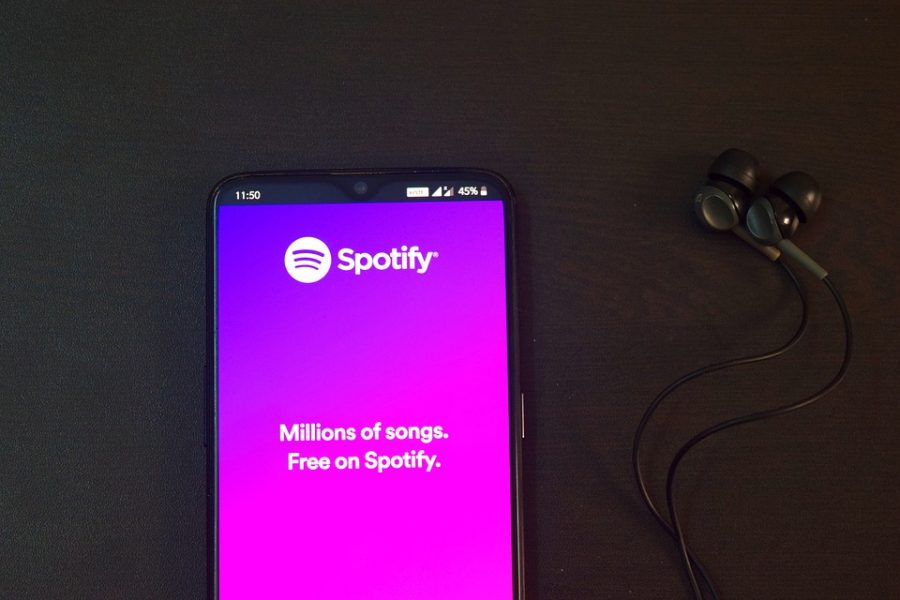The Power of Music
https://www.maxpixel.net/
Spotify and other streaming services make the music industry’s outreach within today’s society very large.
December 3, 2019
Spotify, the world’s biggest music streaming platform by number of subscribers, received 217 million monthly listeners in the first quarter of 2019. This means Spotify alone pulls upwards of 800 million listeners each year, and that’s not including the hundreds of other music streaming platforms that exist. This makes the music industry’s outreach within today’s society very large.
With the music industry being the powerhouse that it is, it is reasonable to conclude that music has a strong influence on how people feel. It has the ability to amplify and even alter how a listener is feeling. There is a common belief that listening to sad music can make the listener feel sad, which could explain why a seemingly normal 15-year-old girl can listen to Billie Eilish and become so “emo,” but this belief may not be entirely true.
Studies have shown that if someone who is already clinically depressed listens to sad or depressing music, the feeling of depression can worsen; contrary to those studies, others have shown that some people, after listening to sad music, tend to feel happier due to the somber sound triggering positive memories that help lift their mood. This raises the question, can certain types of music have an overly negative effect on society?
Although stereotypical grandmas may deem that heavy metal promotes and encourages devil-worship, I personally don’t think any type of music can have an overly negative effect on its audiences. Music is a form of art, and by definition is a medium of imaginative or creative self-expression. Given this definition, I don’t believe music of any genre should be considered harmful if it’s a serious attempt of self-expression. Where does your opinion lie? Do you think there is any music that has a negative effect on today’s society?




